The Grade Game: Success Habits In Education
THE GRADE GAME: SUCCESSFUL HABITS IN EDUCATION (ISSUE 77)
By Diane Gold
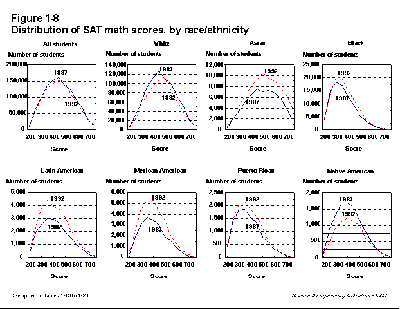 The grade game refers to the habit of using grades to determine success in education. This measurement system is known all over the world. How often does it work?
The grade game refers to the habit of using grades to determine success in education. This measurement system is known all over the world. How often does it work?
We, in the United States, believe in preparing our children without taking away their childhood or spontaneity. Other countries put more emphasis on learning by ingesting knowledge and less on childhood freedoms.
For the most part, we use the grade game to measure success. We are always making attempts to improve upon our system, upgrading the ineffective parts, creatively adding the new and keeping what works.
It was just the other day in around 1972 that New York University opened University Without Walls, a Bachelors Degree curriculum based upon student interests and goals and independent study (currently called The Gallatin School of Individualized Study) rather than the standard core courses for a Liberal Arts Degree conjured by someone completely impersonal to the particular student. This progressive college inside the main university was founded to accommodate the rote method of learning and to allow students motivated by their own interests to flourish.
Maria Montessori created a system of learning that was based upon student choice of activity within a formulaic systematic approach. This approach was different from the regular public school classroom that taught the same curriculum to every child. When my son was in such a school, he learned many skills and satisfied his own creativity through “working” on projects that he chose in his timing.
There were other school models that taught one color per year as opposed to the ROYGBIV method of learning. There were the Free Schools which mirrored the philosophy of University Without Walls, above.
All these methods created education habits, in the student, the parent and the teacher. When the grade game was involved, all the players had “good grade” expectations and all that comes with that.
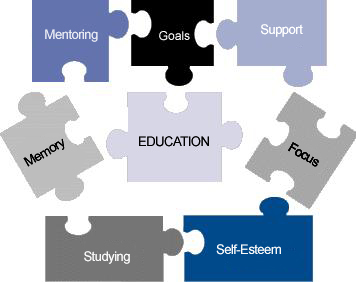 I read an article by Michael Thomsen, “The Case Against Grades,” at Slate.com the other day. In it, he supports the trend moving away from grades in school. He talks about the “negative reinforcement” that comes from this type of system. Having been a specialty teacher for 10 years in the New York City and State School Systems, and a private teacher for another several decades, I have first-hand experience at watching students and serving their differences.
I read an article by Michael Thomsen, “The Case Against Grades,” at Slate.com the other day. In it, he supports the trend moving away from grades in school. He talks about the “negative reinforcement” that comes from this type of system. Having been a specialty teacher for 10 years in the New York City and State School Systems, and a private teacher for another several decades, I have first-hand experience at watching students and serving their differences.
Please note that most of my early students were labeled “emotionally disturbed,” many of whom would be called ADD and ADHD, if labeled today. So I saw a version of behavior related to grades far more dramatic than the “average” school-ager.
This is what I saw:
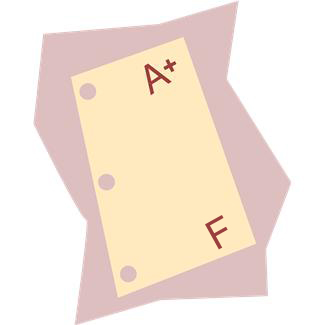 1) Children cut school for fear of failing a test.
1) Children cut school for fear of failing a test.
2) Children quit school for fear of repercussions from cutting school for fear of failing make up tests or getting overall failing grades.
3) Children got teased over getting poor grades. Their lowered self-esteem from the teasing sapped their motivation to excel.
4) Children became withdrawn or acted delinquently. Both these types of behavior kept the student from focusing on and changing her (his) inadequate feelings, which, typically, caused the behavior in the first place. Both withdrawn and acting-out students develop the habit of acting instead of talking about grades, fear and self-esteem issues. The behavior was perpetuated by the continuation of “the grades game.”
5) Children became adults and grabbed fewer opportunities for themselves because of lost self-esteem. If they had had grade issues throughout their early schooling, they came to adulthood with a whole set of habits that went along with the issues:
a) doing less than their capacity out of fear of failure.
b) keeping silent about their feelings whether they hide in plain sight or through verbosity.
These observations led me to work hard toward teaching students to be independent thinkers who followed their dreams.
FAMILY EXPECTATIONS
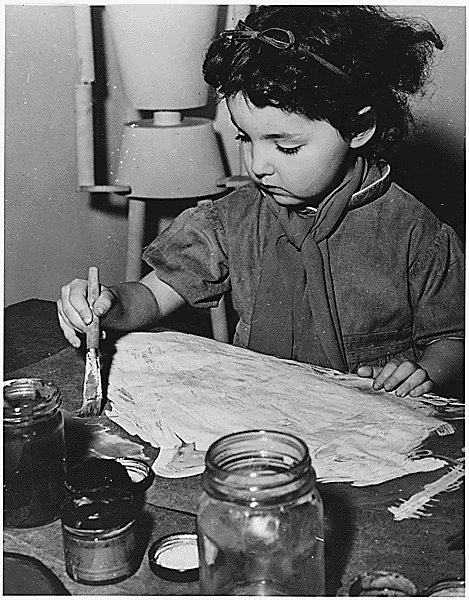
Strained relations with family members are created when parents pass judgment upon their kids based on “the grade game.” Those kids with poor grades perceive that love = good grades.
Their “good grades” counterparts learn the same habits, that they are great because their grades are good. Does this type of judgment system belong in a household?
I used to date someone of Southern Asian descent. He had discipline, and his whole family was completely dedicated to education. What he did not have was a free spirit, devoid of oppression. The male parent regularly ordered him around, he accepted the
orders and he agreed with the tradition.
I was thinking this repressed “hitting the books” family value was the reason we, in the United States, go to school for 180 days, while other countries go for more days. Wrong, incorrect, negative. What I found statistically from the OECD (Organisation For Economic Cooperation And Development) and the World Data On Education in an article by is that, on average, top academic performing countries like Finland have several 100-300 fewer hours per year in the early grades and 100 fewer hours less than our average in higher grades. Could it be that a shorter educational format creates more relaxed students who are available emotionally better to take tests?
And should tests be the standard by which we measure our students, now that there is so much research showing that individuals do not all develop well using “the grades game?”
WHAT STANDARD?
There are always standards by which we must operate. But, to this day, other than in very free educational institutions, we have not focused our studies of intelligence on understanding who should study what and how to teach families about new systems of childhood education. If the person with mechanical interest is encouraged to pursue activities to develop it; if the girl whose entire family of eight generations of doctors wants to be a musician and is encouraged to play music; and if the son of a family of physicists wants to be a dancer and is encouraged to dance; won’t these people reach their highest potential and serve our world best by pursuing their interests? And if this is true, how can one type of grading system measure their success as students?
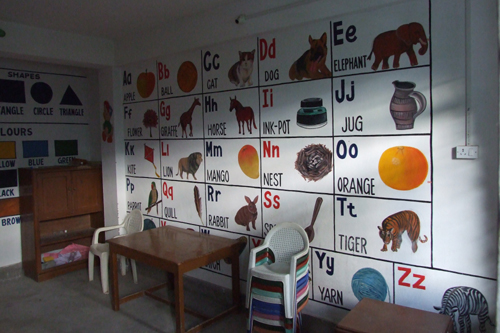 Placing children in a molded system that does not embellish their interests and their strengths represses their creativity, curbs their intelligence, crushes their self-worth and perpetuates a system that needs change. Having a system that is evolutionary in nature and is not framed around “the grading game” seems fresh, logical, sensible and
Placing children in a molded system that does not embellish their interests and their strengths represses their creativity, curbs their intelligence, crushes their self-worth and perpetuates a system that needs change. Having a system that is evolutionary in nature and is not framed around “the grading game” seems fresh, logical, sensible and
available.
CONCLUSION: WHAT’S NEXT?
Below we examine whether “the grade game” is the way we measure success in education and take steps to improve the way we support our children. The following are some thoughtful action steps, each of which takes just a few minutes, to enrich the life of our student or child and the support success. These steps allow us to notice habits we may have formed and a way to move away from them.
ACTION STEPS
1) Spend some quality time with yourself as a parent or teacher to confirm how you judge “the grade game” for your child, friend, student, world.
2) Spend quality time with your student/child to confirm that love or support and grades are separate.
3) Spend quality time with your student/child to listen to her (his) aspirations.
4) Spend quality time with yourself to see whether you judge your student/child’s aspirations or whether you accept them.
5) Add one behavior that would show you support your student/child’s aspirations.
6) Consider the merits of schools without grades.

FEEDBACK
Please leave a comment and LIKE.
DIANE GOLD, AUTHOR
Diane Gold, Founder of Warriors of Weight, Turning Habits Into Health, is a mentor in tai chi, kung fu and meditation, a music, fitness and stress expert, dedicated mom, studying plant-based nutrition.
She has 25 years in music education and 15 years in martial arts education and personal development. She says,
“Being brought up in “the grade game” taught me a very stiff, non-creative method of measuring my own learning. I’m not sure it is the best way to motivate or instruct people as it hinders true creativity even though it encourages memorization of rote facts. It caused stress that could be avoided with another technique.
“Facilitating the creation of music, art, movement, science in school and the minds that create these are the role of the education system. Any system that does not include these is empty and does not evolve our species.
“Most systems based upon grades and tests have some type of negative effect on the student. Therefore, I would like to see a new non-grade system as a way to gauge success habits in education. Let’s get to work on creating one as the new standard.”







